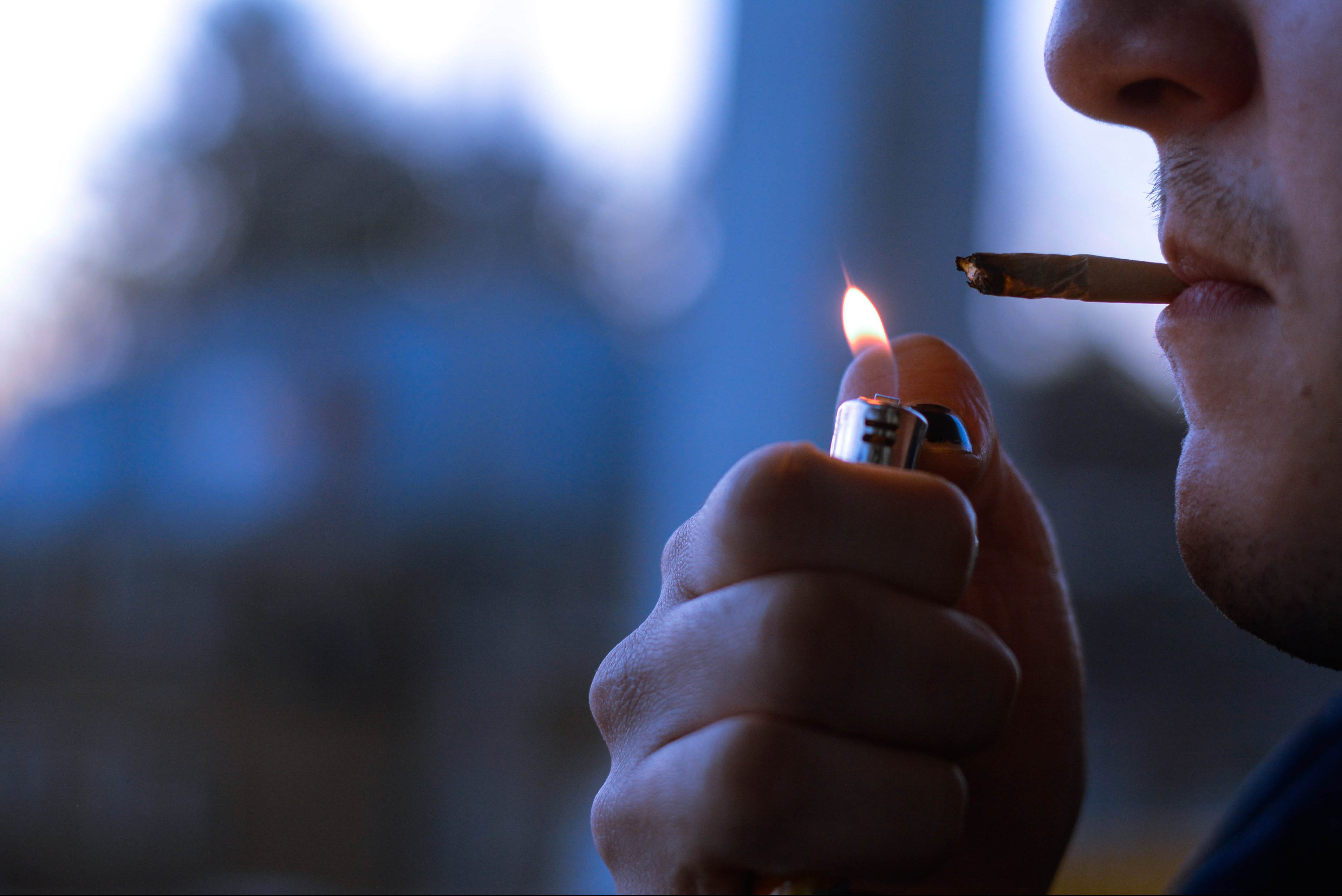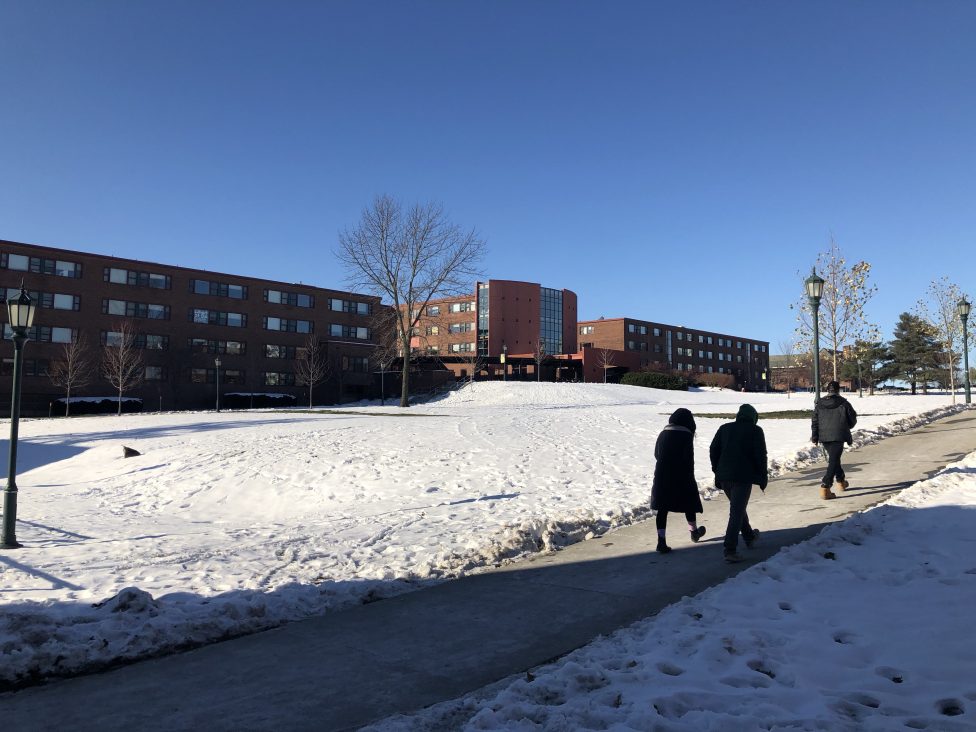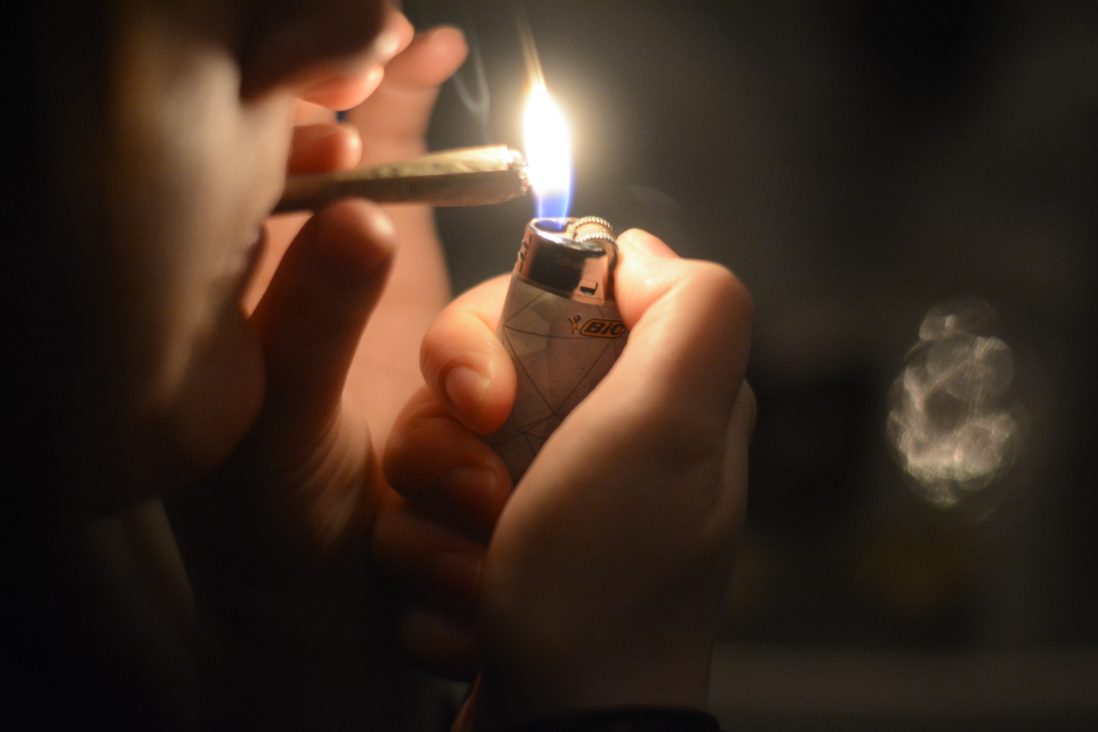As states continue to amend restrictions on marijuana, college students in the Northeast are considering how their relationship between recreational pot and campus life could change as well.
While Massachusetts and Vermont legalized marijuana in 2016 and 2018, respectively, on the University of Massachusetts-Amherst, Boston University and University of Vermont campuses, possession and use are still prohibited.
Some students were excited to attend college in a legalized state, but the prohibition of marijuana on campuses is a deflating realization or at least an inconvenience for students who have chosen to hide their smoking habits from residence advisors and campus police.
Interviews with students at the University of Vermont and Boston University suggested that marijuana is socially acceptable on their campuses, expressing that the legalization of marijuana has little to no difference as to the number of students that use it on campus.










